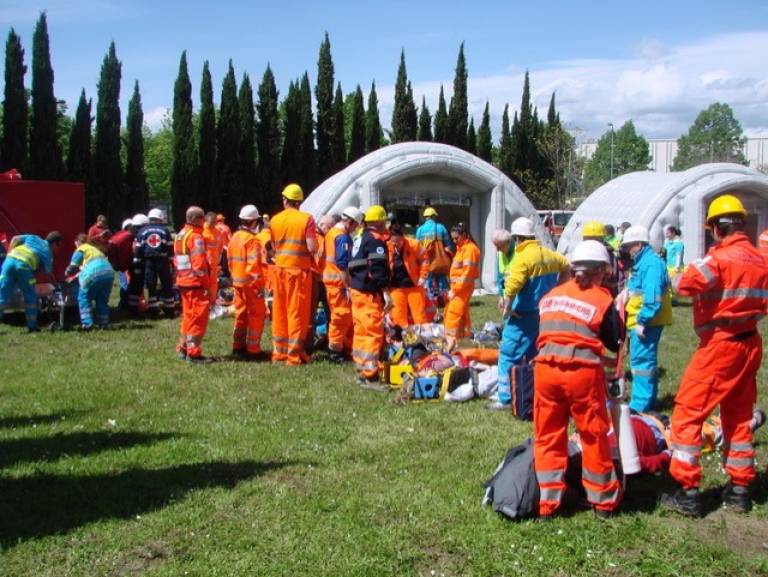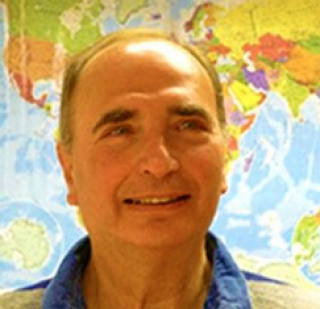IRDR Special Seminar: Planning from the Future: Humanitarian Action in a Transformative Age
13 October 2020, 5:00 pm–6:00 pm

As the new academic year begins, we welcome Dr Randolph Kent to give this special seminar on humanitarian action in a transformative age. Current students and staff, graduates, alumni and members of the public are all warmly welcome to attend this event, the first of this year's monthly seminar series.
This event is free.
Event Information
Open to
- All | UCL staff | UCL students | UCL alumni
Availability
- Sold out
Cost
- Free
Organiser
-
Professor Peter Sammonds – UCL Institute for Risk and Disaster Reduction
Location
-
Haldane RoomWilkins BuildingGower Street,LondonWC1E 6BT
Transformative change all too often occurs at the brink of chaos. Decision-makers, strategists, policy planners adjust for the evident, but all too rarely choose to explore the what might be’s – factors that have transformative consequences beyond the immediately obvious. This is certainly the case for what is generally referred to as ‘the humanitarian sector’ – those institutions and individuals who have roles and responsibilities for preventing, preparing for and responding to disasters and emergencies.
This special seminar, Planning from the Future: Humanitarian Action in a Transformative Age, will warn that the types, dimensions and dynamics of humanitarian crisis drivers are and will continue to change dramatically. Yet, the sorts of strategies, operational modalities and underlying assumptions that have defined humanitarian action to date are becoming less and less relevant to meet such challenges.
Dr Randolph Kent will identify what needs to be done to meet these new challenges and also warns that failure to anticipate and prepare for such challenges will have unprecedented and potentially existential consequences. The seminar will look at strategic and operational ways forward, as well as how failing to heed these lessons could well plunge millions of lives, social and economic systems and governance structures from the brink into chaos.
Due to current social distancing regulations, space at this event is limited to 15 and only current IRDR students will be able to attend in person (and must book their place via Moodle). However, the seminar will also be livestreamed on our YouTube channel (no booking required).
Please note this event will be filmed for promotional purposes and will be available on YouTube after the event.
 Close
Close


